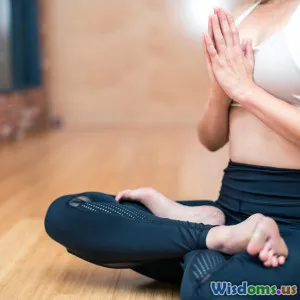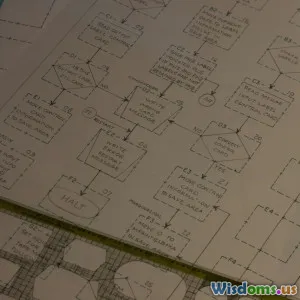
Stress Reduction Trends of 2024 What Experts Predict Will Change
15 min read Explore 2024's top stress reduction trends and expert predictions shaping the future of mental wellness. (0 Reviews)
Stress Reduction Trends of 2024: What Experts Predict Will Change
Stress is no longer a silent burden hidden behind closed doors—it’s a prominent conversation in workplaces, families, and society at large. As we move through 2024, both dramatic technological advances and cultural shifts are shaping innovative strategies to combat daily stress. What’s changing, and what methods are likely to shape personal well-being in the months to come? Here’s a comprehensive guide to the predictions experts are making, along with actionable tips and critical analysis.
Tech-Assisted Mindfulness: The AI Revolution Arrives
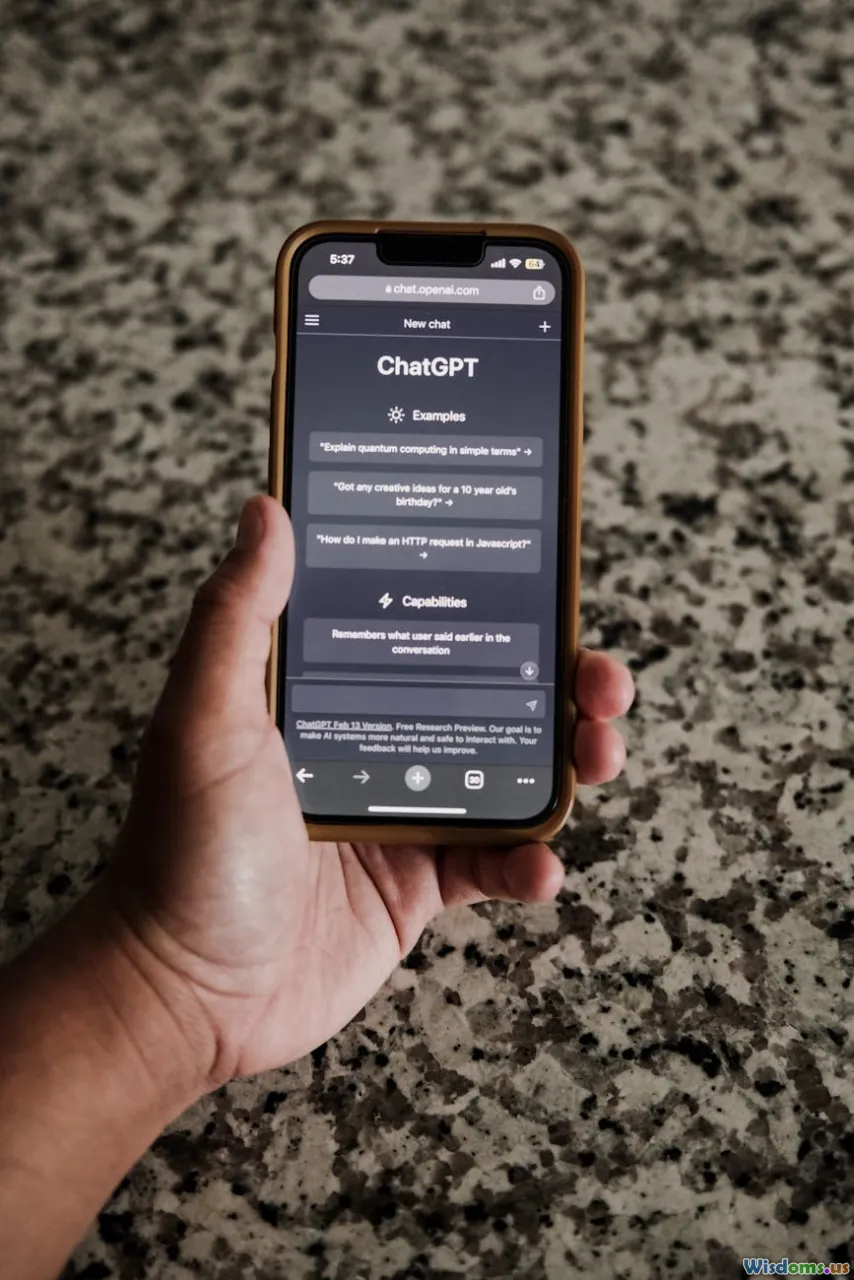
Mindfulness isn’t a new concept, but in 2024, its practice is getting a high-tech upgrade. The integration of artificial intelligence (AI) and biofeedback devices promises hyper-personalized and data-driven stress reduction.
How AI is Personalizing Well-being
AI-powered meditation apps like Calm and Headspace are launching adaptive meditation playlists that respond to users’ tones of voice, heart rate, and facial micro-expressions in real-time. Massachusetts Institute of Technology released data showing that these adaptive protocols can increase stress relief effectiveness by 35% over traditional one-size-fits-all guided sessions.
Meanwhile, wearable tech—such as the WHOOP 4.0 and Oura Ring—tracks stress markers like heart rate variability (HRV), sleep cycles, and even skin conductance. Armed with this data, individuals receive tailored prompts: perhaps a reminder to breathe deeply during a tense meeting, or an automatic activation of calming background noise when HRV drops.
Virtual Retreats & Immersive Experiences
Virtual reality (VR) is also seeing a boom in the corporate wellness world. Google, for instance, has started offering employees immersive forest walks and ocean dives using VR to alleviate screen-induced anxiety. Initial case studies report that employees using VR-guided relaxation three times a week saw a 40% drop in subjective stress after just one month.
Tip: Try exploring free or trial versions of adaptive mindfulness apps and explore VR experiences that guide you through nature sounds and visual journeys.
Biohacking-Based Self-Care
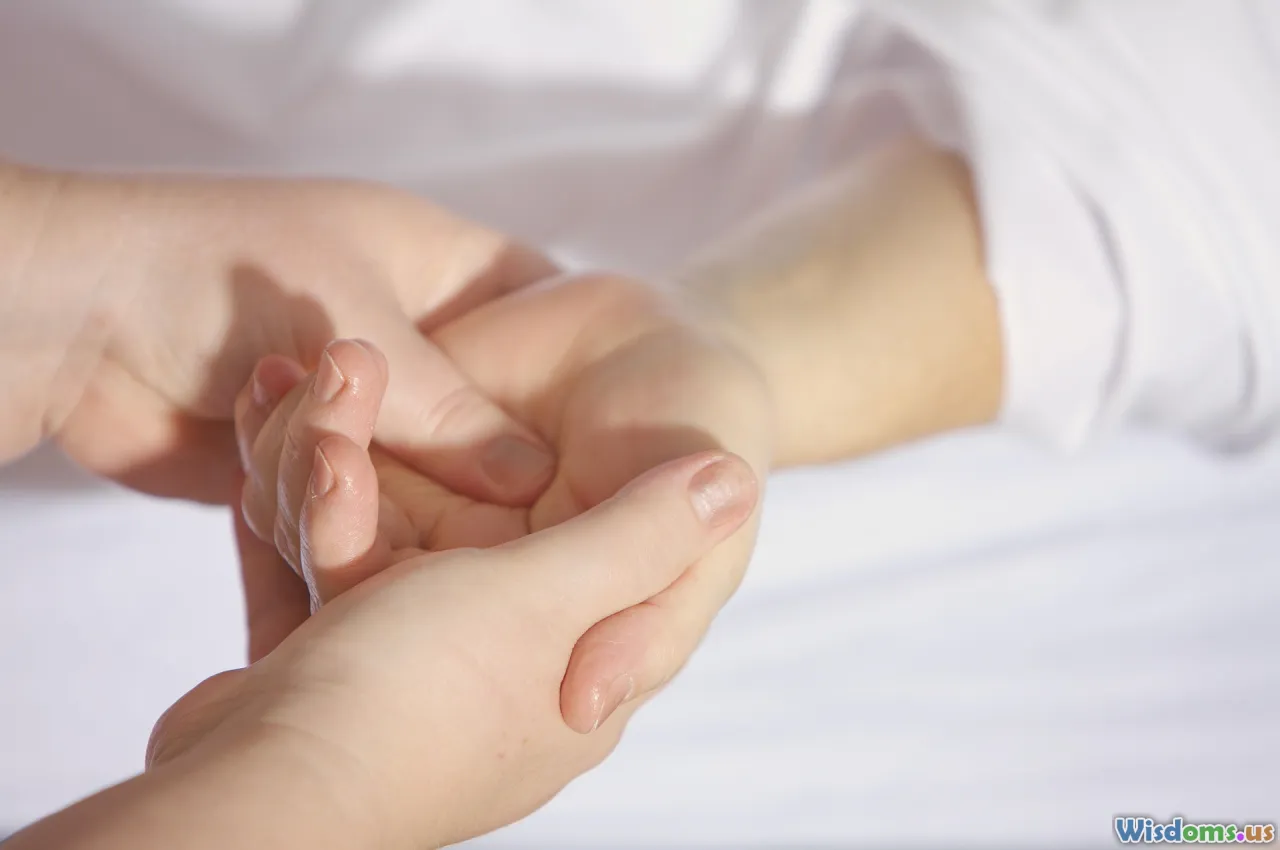
Once the domain of Silicon Valley elite, self-experimentation or “biohacking” is entering the mainstream in 2024 as more people adopt science-based adjustments to regulate the body’s stress responses.
Light, Water, and Temperature: Micro-Habits with Macro Impact
Red and blue light therapy boxes have gained traction to combat winter blues and chronic stress. Harvard Medical School reports that regular exposure to 10 minutes daily of red light may support circadian rhythm regulation and enhance mood stabilization, both critical in reducing cumulative stress.
Similarly, cold water immersion—popularized by methods like Wim Hof’s—has gone beyond influencer Instagram feeds. DIY cold plunges were a huge 2023 trend, and in 2024, wellness centers now offer guided cold exposure sessions monitored for safety. Controlled studies show that three weekly cold immersions can reduce cortisol (the body’s main stress hormone) by up to 20% in healthy adults.
Supplements and Functional Foods
Adaptogen-infused drinks (such as ashwagandha lattes or lion’s mane mushroom teas) remain popular, but experts now urge mindful use. Nutritionists recommend consulting with healthcare professionals, as not all adaptogens suit every body type.
Actionable Advice: Integrate one evidence-backed micro-habit, like a 10-minute outdoor walk or light treatment when you start your day, and gauge the effects over a month.
Social Health: Rethinking Connection for Stress Recovery
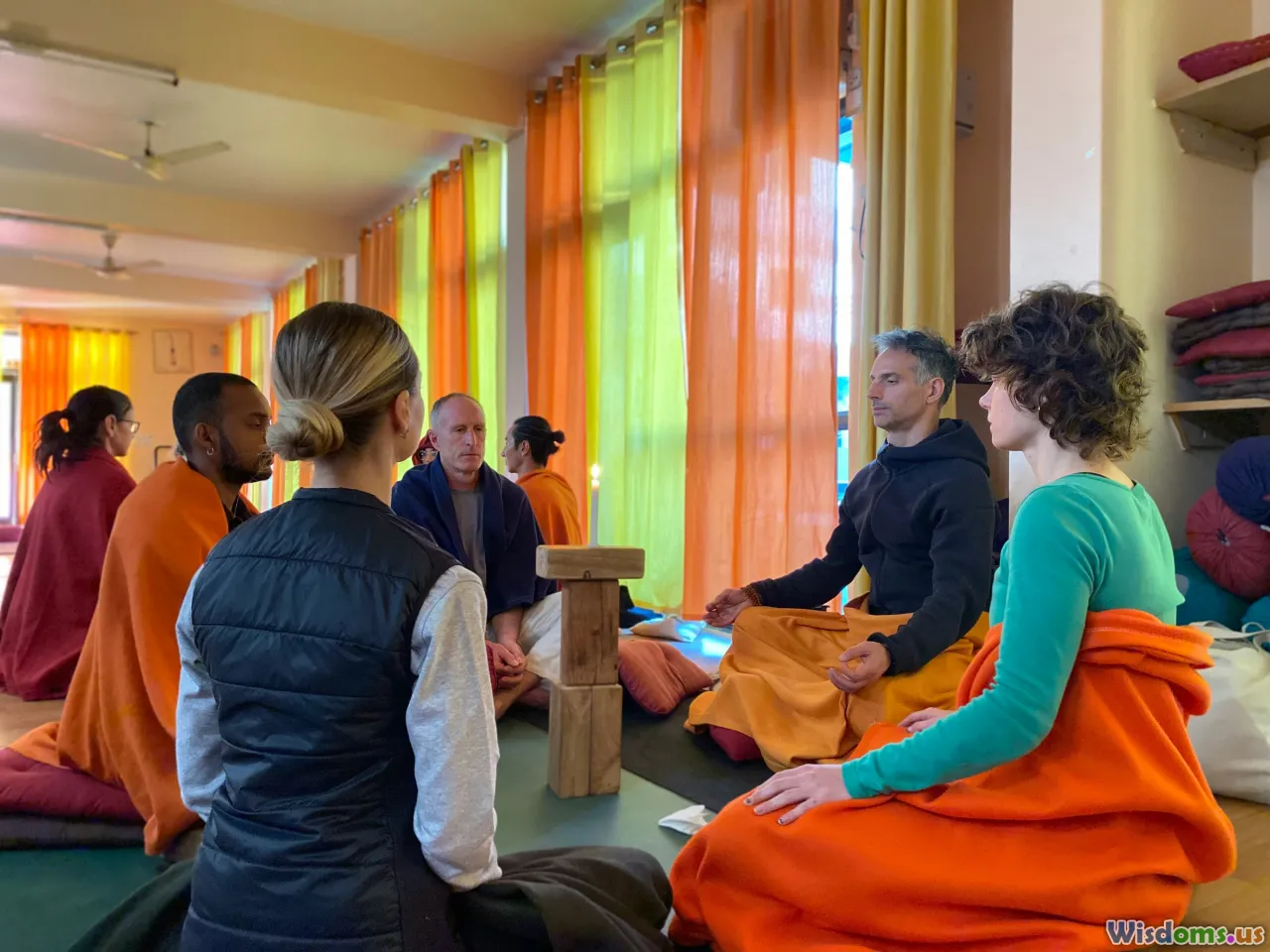
Isolation was a public health crisis before the pandemic, and experts argue that genuine social connection is a powerful—often undervalued—antidote to stress.
Intentional Communal Practices
In 2024, group meditation sessions, gratitude circles, and even ‘walking meetings’ are emerging as practical stress mitigation methods in workplaces, universities, and neighborhood groups. Companies like Salesforce have reported a 26% boost in employee engagement through hybrid work retreats that emphasize authentic connection over team-building clichés.
Beyond workplaces, more urban planners are prioritizing communal green spaces, seeing parks as hubs for wellbeing rather than just recreation. Cities like Copenhagen have set up ‘Park Pods’—small, open-air rooms dotted in parks for impromptu conversation or collective yoga.
SHRM (Society for Human Resource Management) research finds that employees experiencing meaningful weekly social connection report 50% fewer stress-related symptoms than those with less engagement.
Digital Support Networks
The rise of digital support groups on platforms like Discord and Clubhouse now includes moderated safe spaces for discussing daily anxieties or practicing real-time breathing exercises with others. These platforms offer “micro-support” even for the shy or introverted.
Tip: Evaluate your current social routines: schedule at least one face-to-face chat or online group check-in weekly just for connection—not productivity.
The Rise of Rest: Sleep, Nap, and "Do-Nothing" Culture

Society’s love affair with multitasking and "hustle" culture is slowly giving way to a broader embrace of rest as therapy.
Sleep Hygiene Gets Scientific
This year, sleep is being redefined as the most foundational form of self-care. According to the American Academy of Sleep Medicine, 82% of surveyed adults in 2024 are actively tracking their sleep using smart devices, up from 65% in 2021. Leading sleep technology integrates not just sleep duration, but also oxygen levels, ambient noise, and even mattress firmness to provide end-to-end optimization advice.
Experts like Dr. Michael Breus (the “Sleep Doctor”) stress the importance of “sleep consistency windows”—choosing a sleep-wake time and sticking to it within 20 minutes, even on weekends, to stabilize your circadian rhythm. Office nap pods and designated relaxation nooks are being adopted by companies in response to findings that a 20-minute nap can improve cognitive flexibility and emotional regulation by up to 30%.
The Affirmation of "Do-Nothing"
Scandinavian lagom and the Italian “dolce far niente” (the sweetness of doing nothing) are making cultural inroads. Guided ‘do-nothing’ sessions—where individuals are encouraged simply to exist, phone-free—are being offered by wellness coaches, with promising results for sustained mood improvement when practiced weekly.
Actionable Advice: For two weeks, pick one consistent cue that signals your day is ending (such as dimming lights at 9 p.m.) and notice the difference in your readiness for restorative sleep.
Redefining Stress Resilience: From Mindset to Skill Set
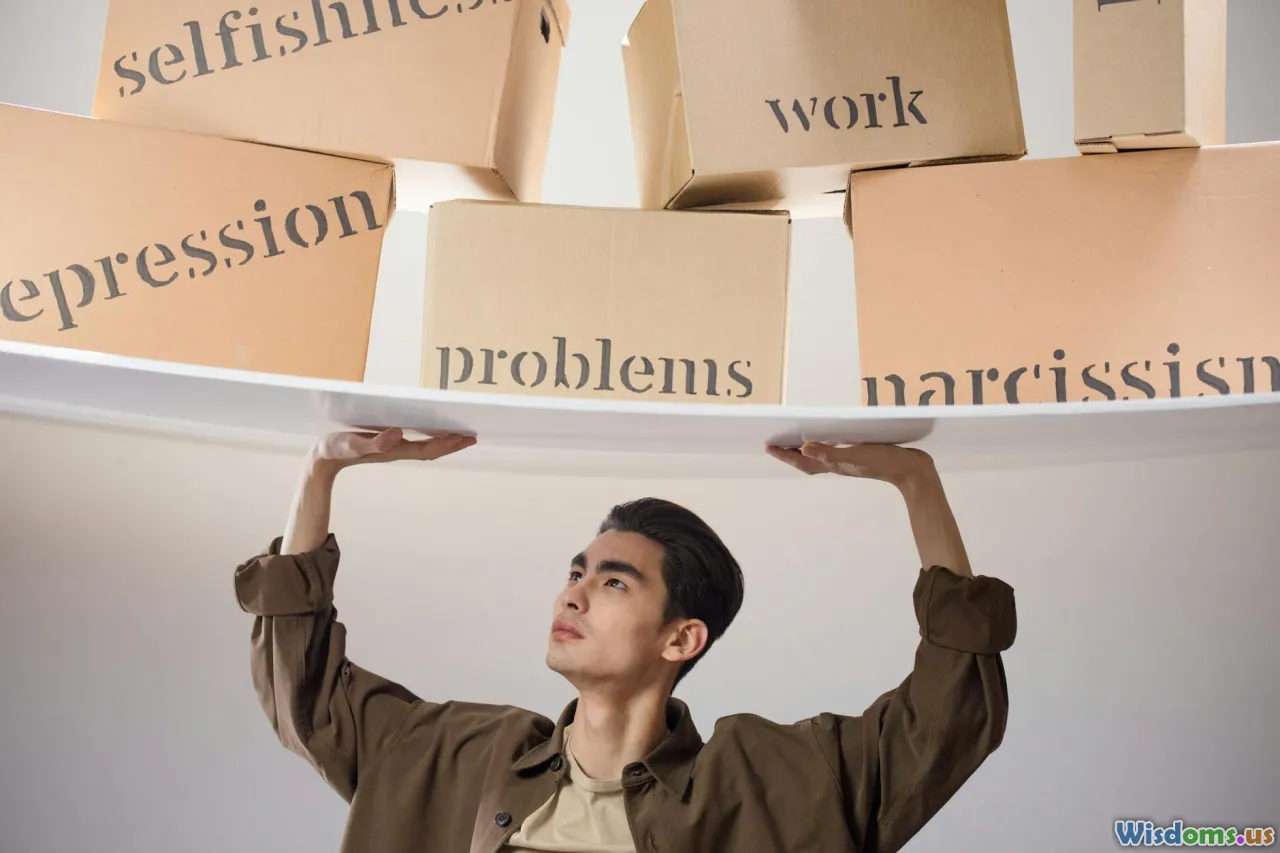
Stress is no longer portrayed solely as the enemy; forward-thinking mental health professionals are teaching people to use stress to foster adaptive growth.
Growth Mindset and "Anti-Fragility" Principles
Programming and therapy in 2024 heavily feature the concept of anti-fragility (popularized by Nassim Nicholas Taleb): Instead of seeking a stress-free life, people are learning to treat stressors as manageable challenges that can strengthen emotional muscles.
Resilience coaches employ scenario training: Clients rehearse navigating routine stressors, such as difficult feedback or project setbacks, in safe environments. According to a 2023 meta-analysis in Clinical Psychology Review, such scripted exposure can improve perceived control over daily stress by as much as 50%.
Micro-Coaching and Just-In-Time Psychotherapy
Mental healthcare delivery is transforming too. Just-in-time coaching—on-demand, bite-size therapy or support via text or phone—has a growing body of evidence for lowering acute anxiety. Apps like BetterUp and Modern Health pair users to certified coaches who can offer tools, reframing techniques, and encouragement when a stressful event unfolds, rather than waiting for the next session.
How-To: Identify a recent setback and journal how it strengthened a specific skill or outlook. Reframe routine problems as practice opportunities for growth.
Nature-Integrated Stress Relief: Beyond the Park
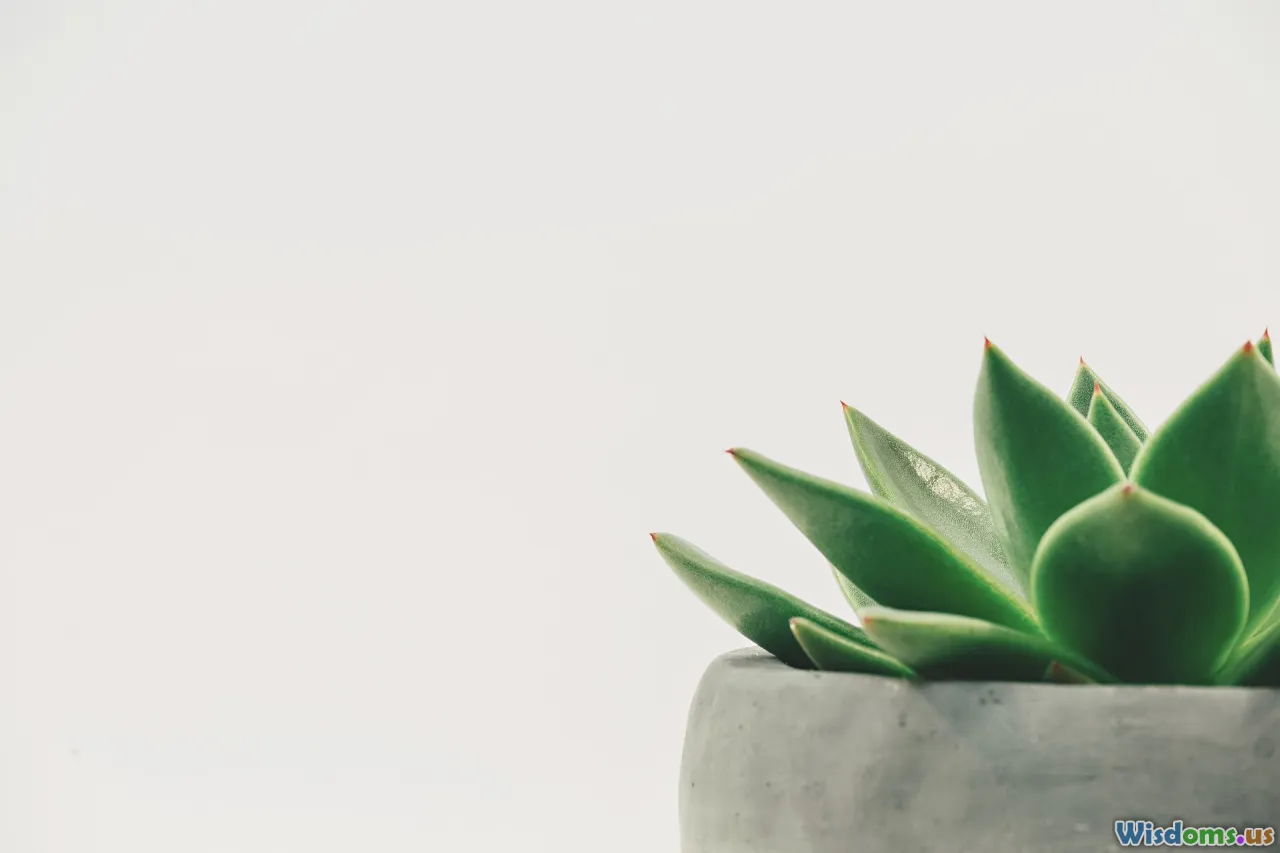
Nature therapy, or “ecotherapy,” continues to be validated by science, but in 2024 it goes beyond hiking or gardening to new, evidence-based interventions.
Forest Bathing & Indoor Nature Spaces
Shinrin-yoku (Japanese for ‘forest bathing’) is going mainstream: Guided audio walks in local urban forests are supplementing traditional park jogs, and office buildings are integrating live plant walls. A large-scale 2024 study from University College London affirms that 120 minutes per week spent in green spaces is optimal for reducing perceived stress and irritation.
Home & Workplace Design
Architects are working closely with psychologists to advocate for biophilic design: bringing natural light, living plants, and ventilation into homes and offices. In Singapore, new residential complexes require 10% plant-covered surface area in common spaces, linked to city-wide mental health improvements.
Tips: Add at least one green plant to your workspace, and aim for two hours outdoors weekly for a tangible stress reduction boost.
Holistic and Inclusive Approaches: Embracing Diversity in Stress Relief

Wellness is no longer one-size-fits-all, and the latest stress-reduction approaches reflect a growing diversity of needs, backgrounds, and lifestyles.
Customizing for Neurodivergence and Disabilities
Therapy apps now offer sensory-friendly or text-only content for neurodivergent users. Polyvagal theory, which tailors anxiety management techniques to individual nervous system profiles, is gaining popularity in clinical and educational settings. The Global Wellness Institute notes a 20% rise in stress-reduction resources specifically for people with chronic pain or disabilities.
Global Influences, Local Adaptations
From guided breathing techniques inspired by South Africa’s ubuntu philosophy (community interdependence) to Brazilian capoeira (martial arts cum dance) for stress release, global modalities are being adapted to local cultures and communities worldwide. For Muslim populations, faith-aligned mindfulness practices and prayer-based meditations are being integrated into corporate wellness offerings.
Actionable Advice: Explore wellness programs or resources that respect your unique cultural, sensory, and accessibility needs—whether through workplace programs, local community centers, or online platforms.
2024’s stress-reduction landscape is more holistic than ever. From AI-guided mindfulness to resurgence in communal rituals, the fusion of technology, science, and traditional wisdom is making stress management more personalized, inclusive, and—crucially—effective. Whether you prefer the digital, the communal, or a mindful moment alone, integrating even a single new trend can make stress relief a daily, sustainable practice. The key is to start, measure what works for you, and embrace shifts as we redefine what well-being truly means in a changing world.
Rate the Post
User Reviews
Popular Posts











